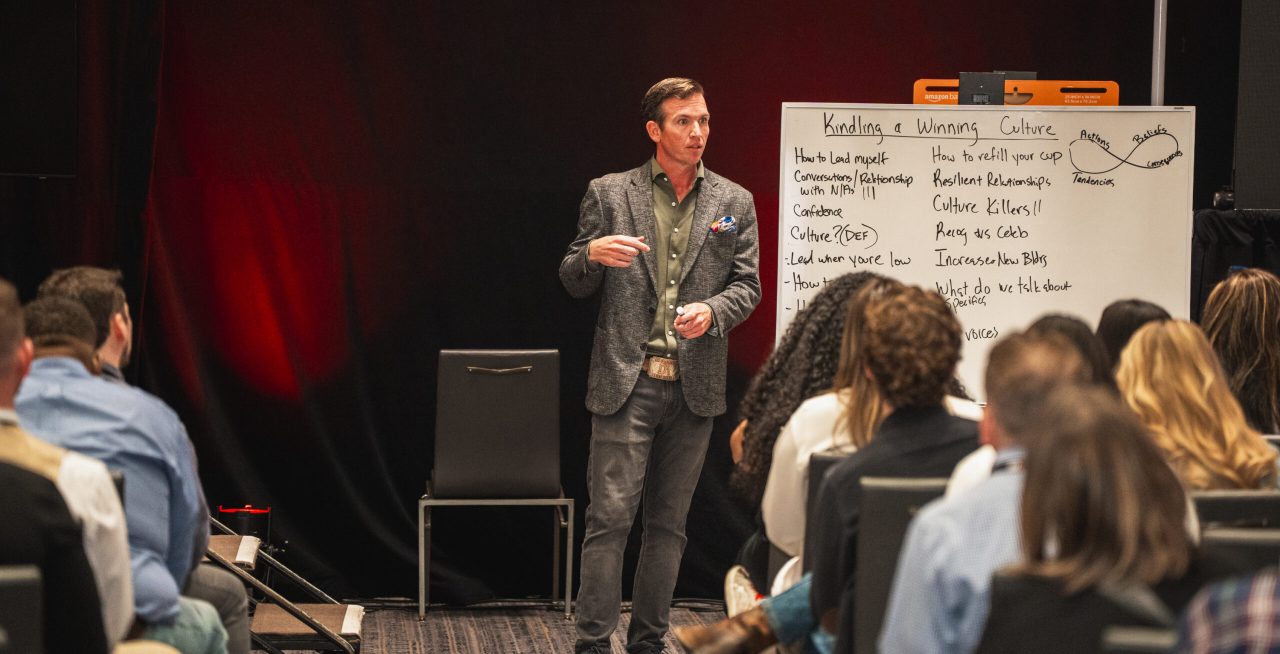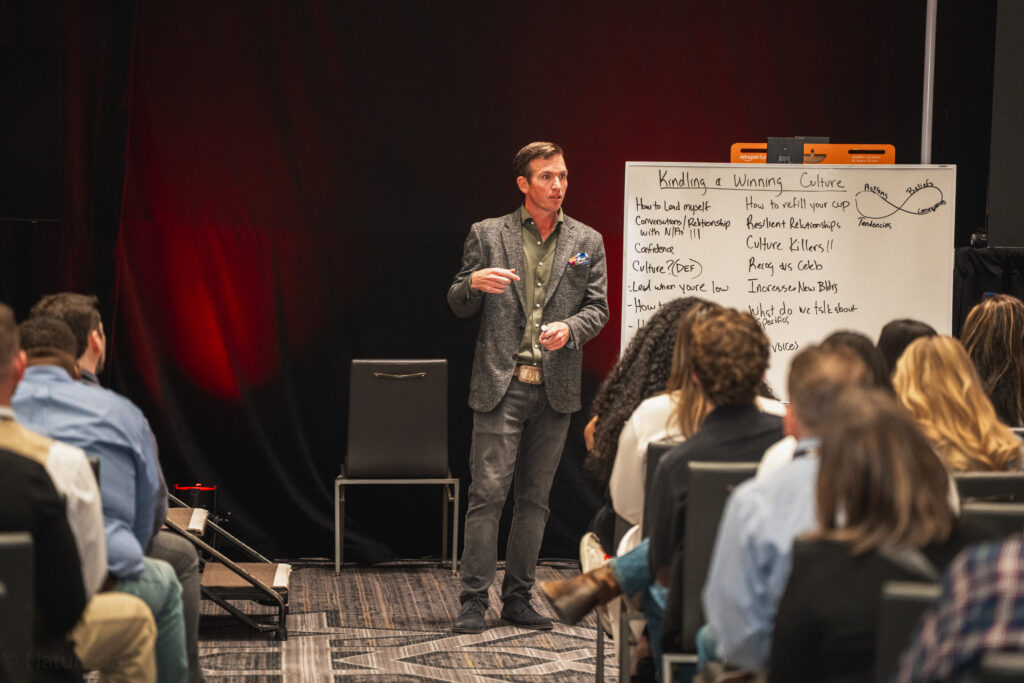Not every chat leads directly to a sale, but every sale starts with a chat.
That’s what separates chat from connection.
In the fast-paced digital world we live in, where attention spans are shorter and there is so much competition, the ability to close a sale is not just a skill; it is an art. It is that fine line that walks between persuading and pushing, serving and selling.
Whether you are an aspiring agent, a seasoned pro, or someone who simply wants to improve their people skills, closing the sale can help take your financial growth and career to the next level.
Let’s take a deep dive in step by step, from conversation to conversion- including impactful strategies, proven sales closing tips, and real-world perspective that will make an impact!
Why Closing Matters More Than Ever
HubSpot reports that 36% of salespeople find closing to be the hardest part of their jobs. But, do you know what makes it challenging? Today’s consumers are more educated, more cynical, and more attuned to pressure than ever before. They do NOT want to be “sold”—they want to be listened to, understood, and instructed. That is where you come in.
Closing is not about clever lines, cute phrases, or neon lights. It is about fostering trust, understanding pain points, and creating transparency. When done properly, closing feels like the logical termination of a meaningful conversation, not like an enforced outcome.
“Stop selling. Start helping.” – Zig Ziglar
Step 1: Build Rapport Early
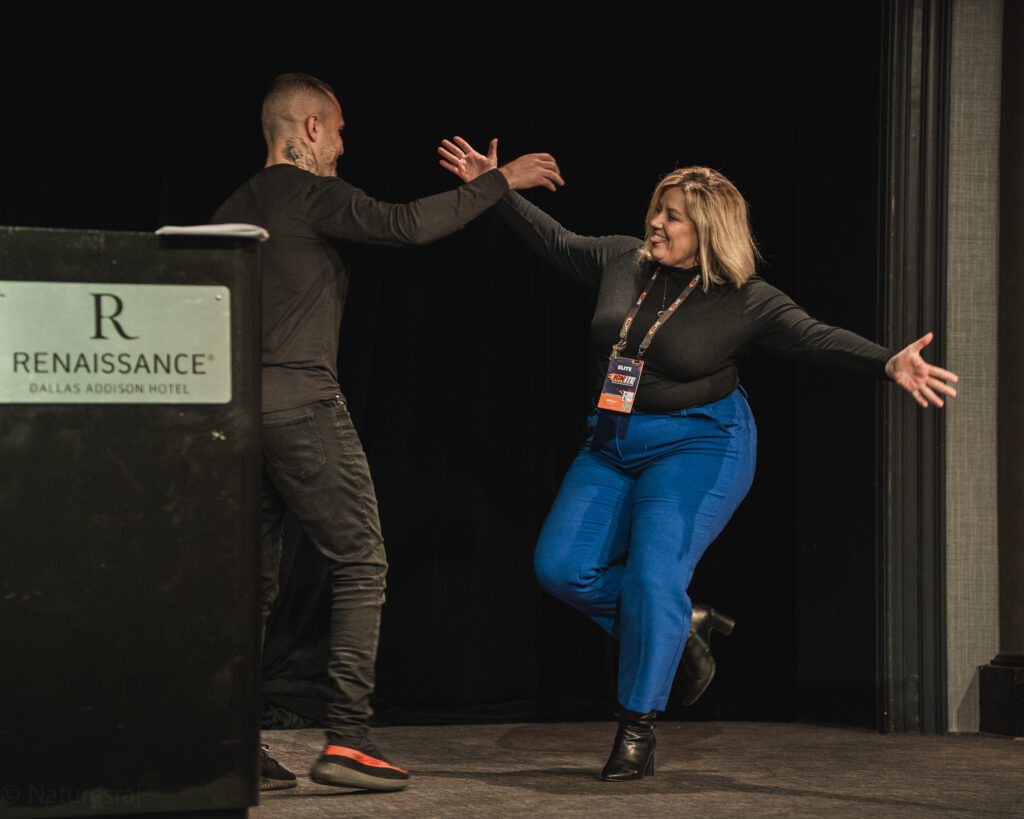
Before you can close anything, you have to open something—and that something is trust.
The first 60 seconds of your interaction determine how the rest of the conversation unfolds. Your tone, body language, and curiosity set the tone.
Instead of launching into your pitch, start by asking:
- What’s most important to you when it comes to [X]?
- What challenges are you facing in your business right now?
- If I could help you solve one problem today, what would it be?
These open-ended questions invite honesty and demonstrate that your priority isn’t a quick close—it’s long-term value.
Step 2: Listen Like a Leader
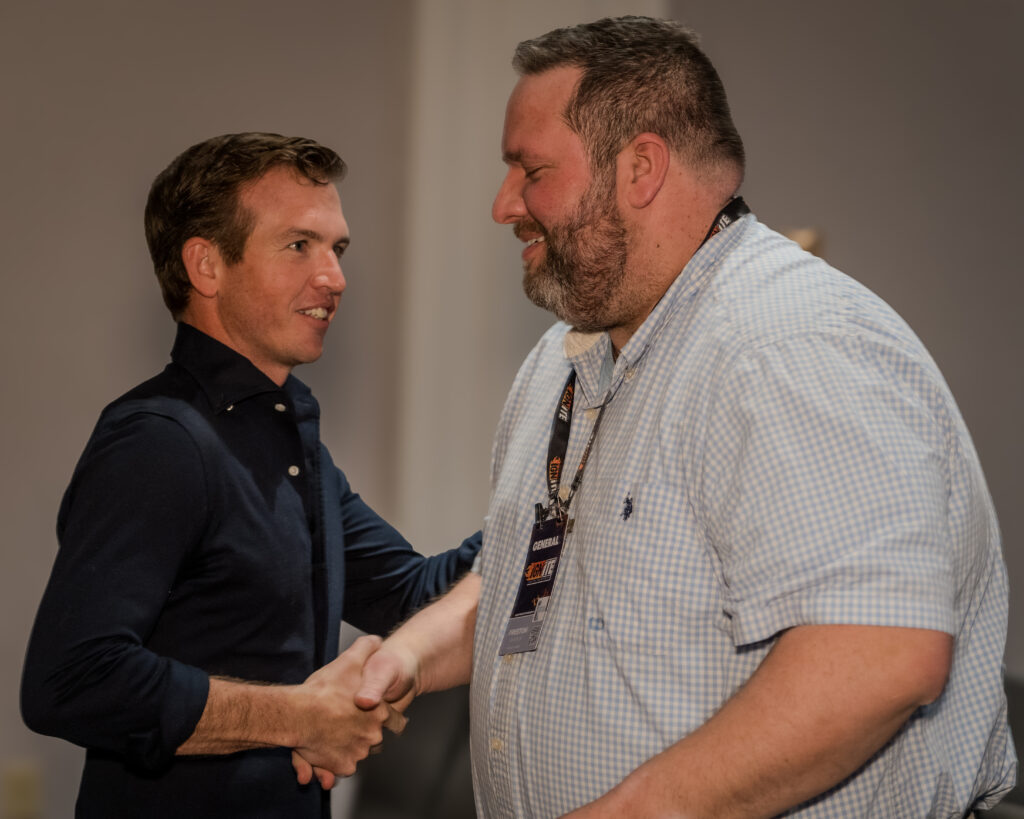
The best closers are elite listeners.
In fact, research from Gong.io shows that top-performing salespeople talk only 43% of the time, while low performers talk up to 65%.
Use active listening techniques:
- Mirror their phrases
- Ask clarifying questions
- Validate their concerns
This will help you to understand all their surface objections as well as the root cause behind their hesitation.
But you need to remember, you’re not here to push a product. You just need to focus on how to solve a problem.
Step 3: Use the Right Closing Techniques
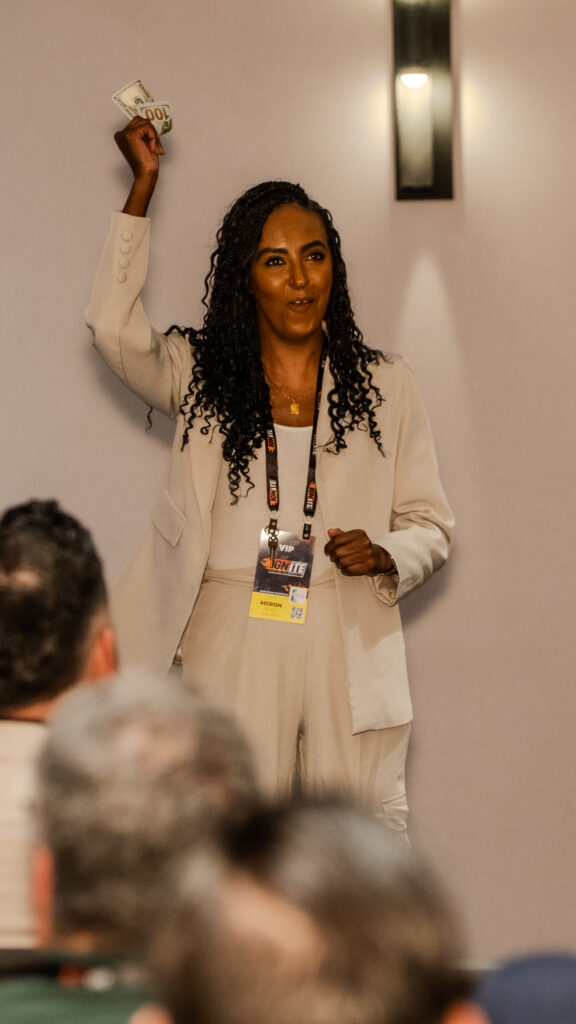
We all know that there’s no one-size-fits-all when it comes to closing techniques. Adapting is a part of the process, and this is all based on conversation, personality type, and level of urgency.
Here are three proven methods:
1. The Assumptive Close
Act as if the deal is already happening.
“Great, let’s go ahead and set you up for onboarding next week.”
2. The Summary Close
Recap everything the prospect wants and how your solution delivers.
“So you’re looking for a flexible career, income growth, and mentorship. That’s exactly what our agency offers.”
3. The Urgency Close
Use time-based incentives or limited spots to nudge action.
“We only onboard five new agents per month, and spots fill fast. Shall we lock yours in today?”
Use these with authenticity, not manipulation. Integrity sells longer than hype ever will.
Step 4: Overcome Objections with Confidence
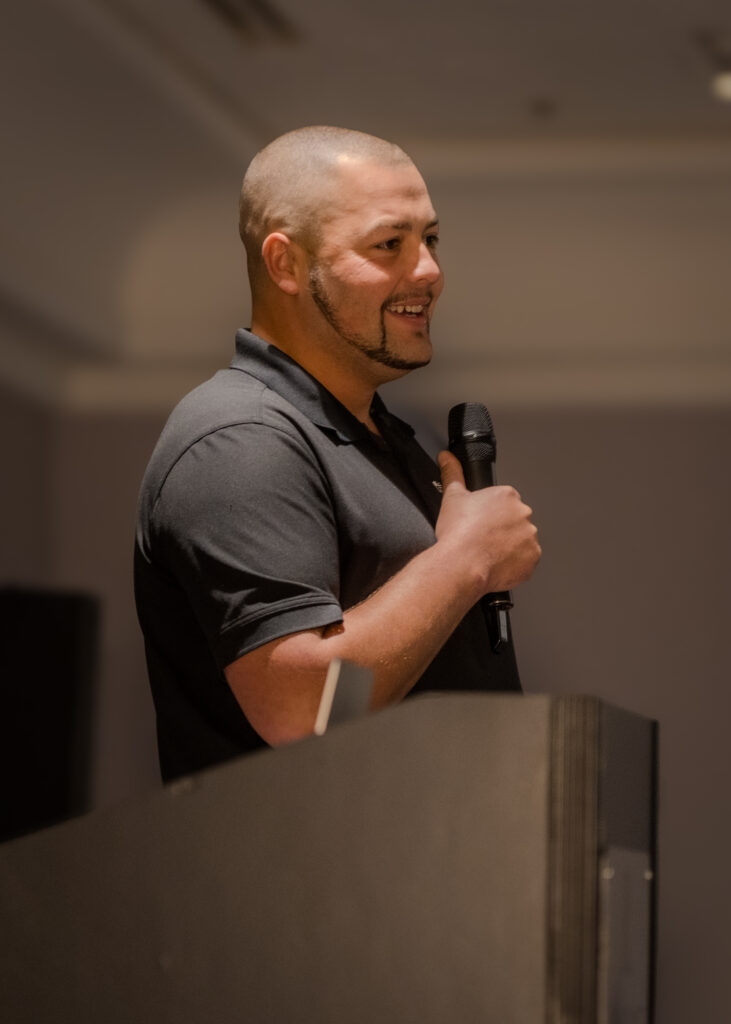
Here’s the truth: Objections are not rejections.
They’re buying signals.
They mean the person is still engaged, still thinking, and still curious. Your job is to clarify—not convince.
Common objections include:
- “I need to think about it.”
- “It’s too expensive.”
- “I’m not sure this is the right time.”
Use the “Feel-Felt-Found” method:
“I understand how you feel. Many of our top agents felt the same way at first. But once they started, they gained more clarity and also gained momentum in the process.”
This will help humanize the experience and will also remind them that they’re not alone.
Step 5: Confidently Ask for the Sale

A big mistake many salespeople make?
They never actually ask.
They dance around it. Drop hints. Wait for the prospect to make the move.
Instead, use confident and direct language:
- “Are you ready to take the next step?”
- “Can we get started today?”
- “Would you like to move forward?”
According to The Brevet Group, 80% of sales require five follow-ups after the initial meeting—but 44% of salespeople give up after one.
Close the loop. Ask with confidence.
Step 6: Turn “No” into “Not Yet”

Sometimes, the answer is “no.” And that’s okay.
But no doesn’t mean never—it usually means not now.
Create a follow-up system:
- Send value-driven emails (not just reminders)
- Share client success stories
- Invite them to events or webinars
Stay top-of-mind. When they’re ready, you’ll be the first person they think of.
This is the long game of conversation to conversion in sales—and the most powerful salespeople play it well.
Real-World Closing Scenario: The New Agent Close
Imagine you’re talking to a potential agent named Sarah. She’s ambitious but hesitant. She’s never done sales before. She says:
“I don’t know if I’m cut out for this.”
Here’s how you could respond using what we’ve covered:
- Build rapport:
“I totally get that. I had zero sales experience when I started too.” - Listen and reflect:
“What part of it feels most overwhelming to you right now?” - Use summary close:
“You want mentorship, freedom, and growth. That’s exactly what we guide agents through in their first 90 days.” - Ask clearly:
“Want to give it a shot? We can start slow and build together.”
That’s not pressure. That’s partnership.
Closing Is Service, Not Persuasion
Closing is not about convincing someone of something.
It was always about walking someone towards something that is better.
Once you make the transition from sales to service, closing becomes a natural part of your conversation. It’s not about tactics, it’s about transformation.
And the good news is that anyone can learn how to close.
You don’t have to be charismatic or an extrovert. You just have to care, communicate and commit to getting better every day.
Start Closing with Confidence
Want to get better at closing? Don’t just read tips—start practicing them.
Start asking better questions.
Start listening with more intention.
Start following up with consistency.
You don’t need to be perfect. You just need to be present, prepared, and persistent.
Because when you master the art of closing, you’re not just making sales—you’re building careers, creating freedom, and changing lives.
